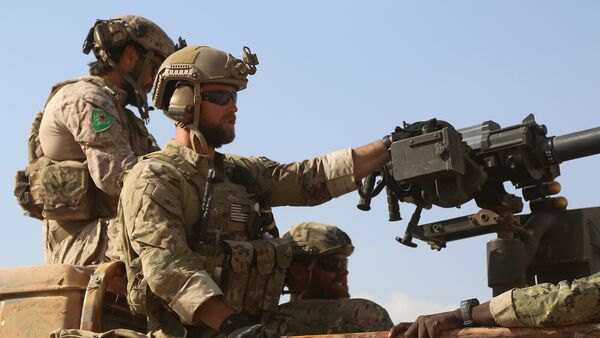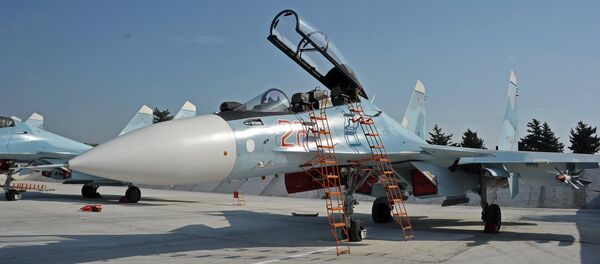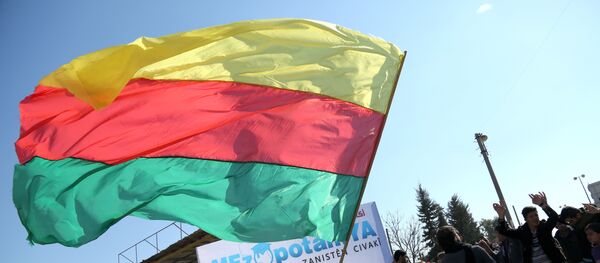Clinton insists on the need for a no-fly and buffer zones "to protect the civilian population." Trump, in turn, promises to toughen the fight against Daesh, the author noted.
And yet, no matter who becomes the next US president, he or she will be unable to radically change the situation, according to the magazine.
Washington has no interest in the confrontation with Russia. But if it increases its military involvement in Syria and pursues a tougher approach, such confrontation will be almost inevitable, the article said.
"Ultimately, US foreign policy in the Syrian conflict won't undergo any dramatic changes," the magazine wrote.
On the other, the Americans, regardless of what party they support, are tired of war. Any strengthening of the military presence in the region, especially through direct intervention — such as deployment of ground troops — wouldn't find support among the majority of the population.
"Few US citizens would be willing to sacrifice their lives, going to Damascus, and the new president is unlikely to change their position," the author concluded.
In September 2014, the US-led international coalition started strikes against Daesh targets inside Syria. Russia began air strikes on terrorists' positions only a year later, in September 2015, upon the request of President Bashar Assad, which was not the case for Western forces.
Recently, relations between the US and Russia have deteriorated amid the situation in Aleppo. The US has repeatedly attempted to downplay the significance of Russia-backed Syrian Army's operation in Aleppo while at the same time glorifying the US coalition's operation in Mosul, Iraq.





